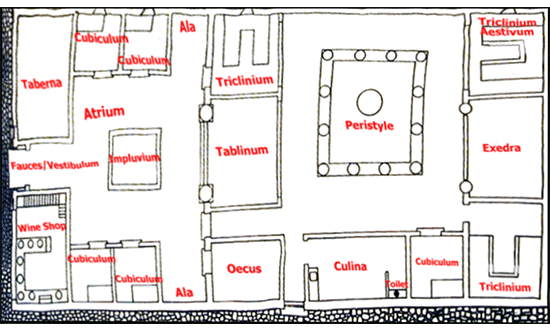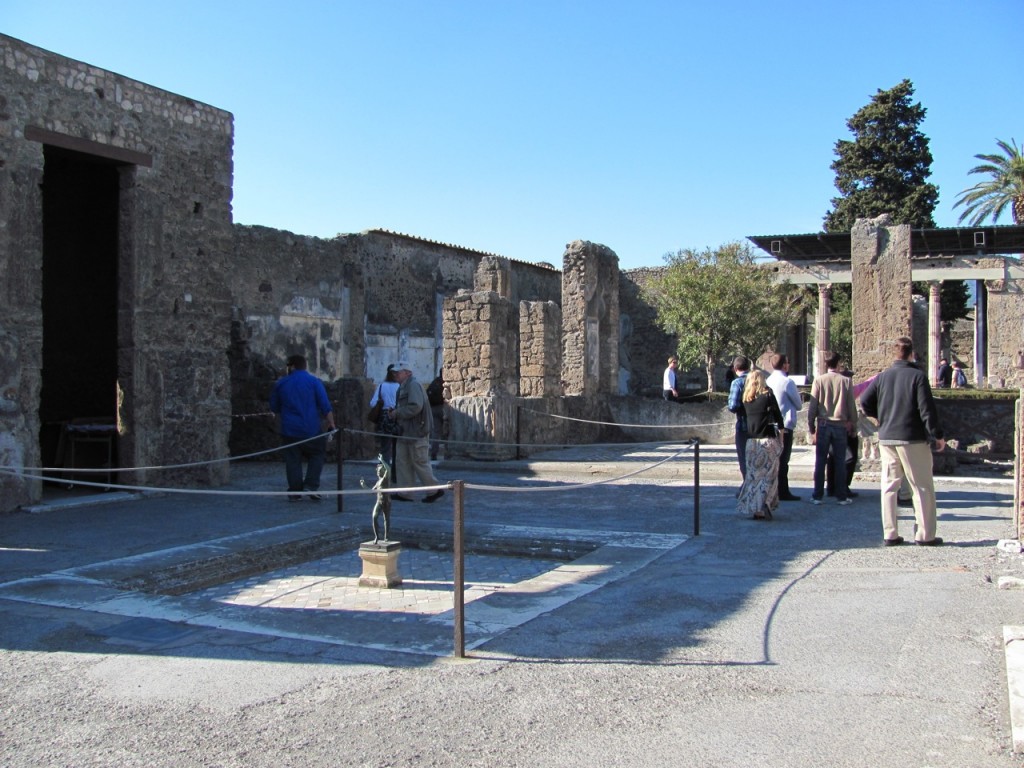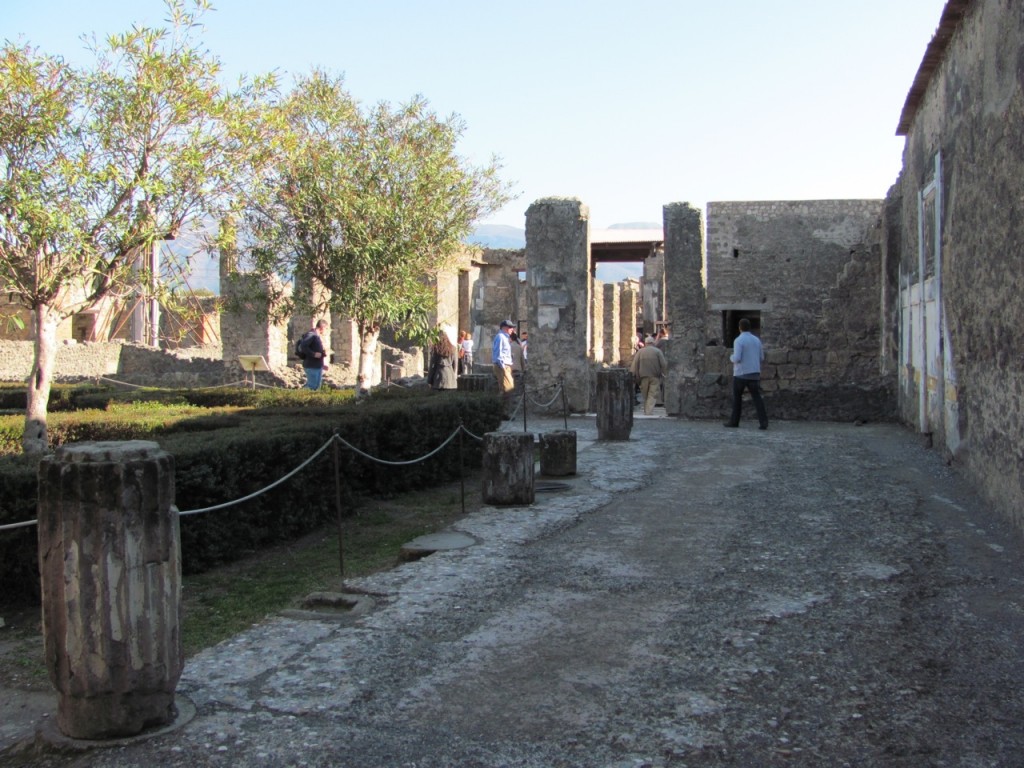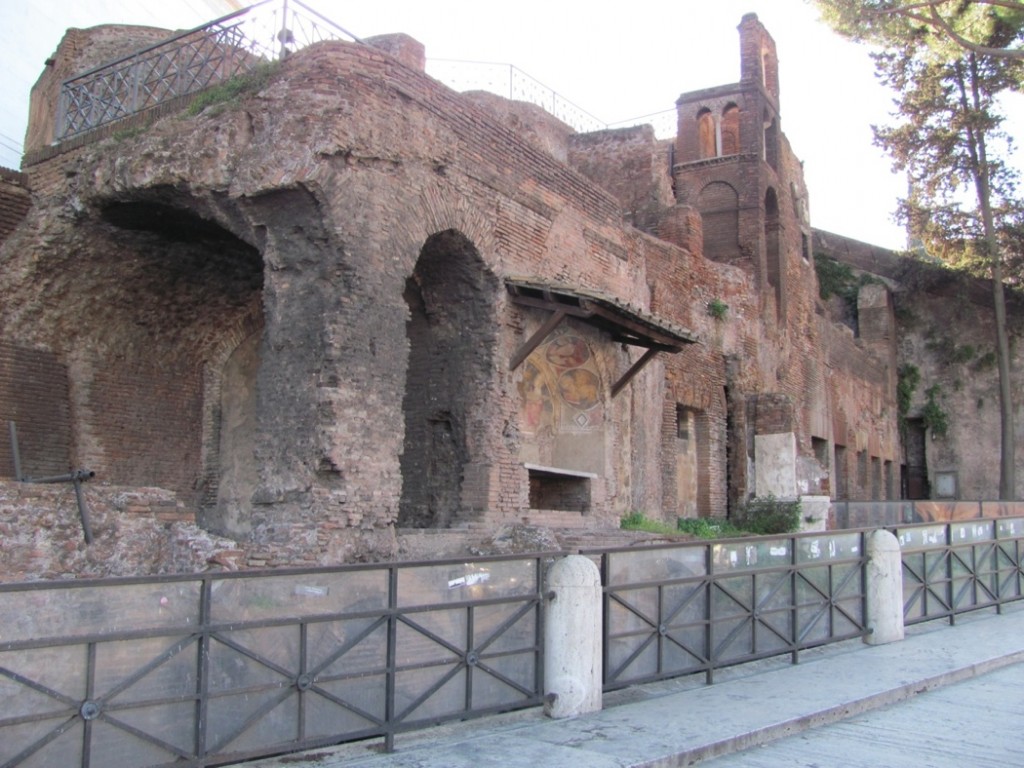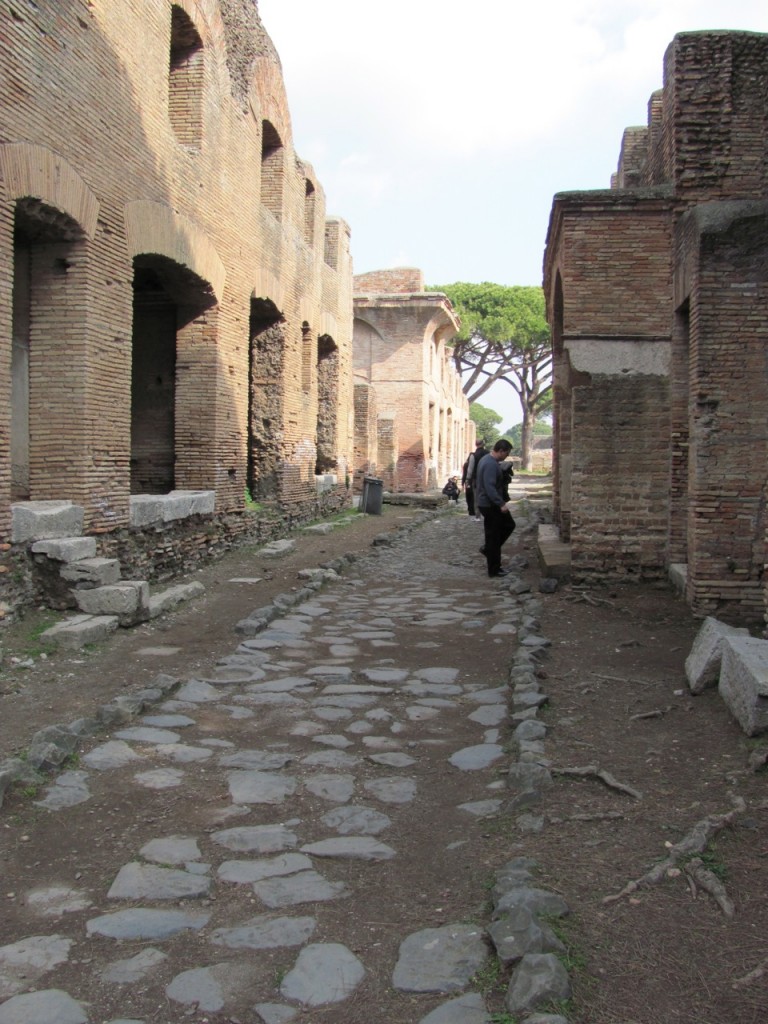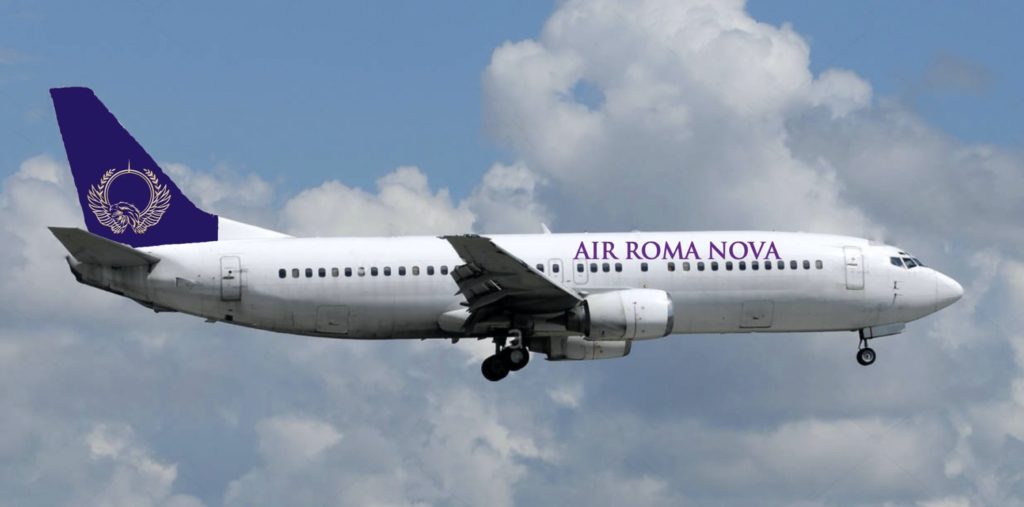 Roman planes? Well no, but definitely Roma Novan ones.
Roman planes? Well no, but definitely Roma Novan ones.
Air Roma Nova is the national carrier and mostly flies to other European capitals – Vienna, London, Paris, Rome – but also has a transatlantic service three times a week at the time of INCEPTIO.
Like many smaller airports, PORTUS – Latin for port(!) – has a fenced-off military section and a private, or general, aviation area. It’s here that Carina first sees her new homeland in INCEPTIO.
“We landed early afternoon local time and thirsty for a view of my new home, I glued my face to the window. Mountains stretched up into the sky in the background, conifers clinging to them under the snow line, fields and isolated houses below them. As the tyres touched the runway, I was disappointed to see it looked like any other airport, until I saw the terminal building with the sign PORTUS – ROMA NOVA. It was true, then.
We taxied past the main glass-fronted building to a smaller single-storey one with three wide shallow steps and glass doors. A gold eagle crested the arch above the doorway. Two men in suits and a woman in a blue uniform stood waiting on the tarmac for our plane to stop. Fresh air flooded in as the door opened.
‘Ready?’ Conrad smiled at me and held out his hand. He stood awkwardly, leaning on a cane. His leg must have been so sore.
Nervous didn’t describe it; I was extremely reluctant to leave the comfort of my leather seat.
‘Yes, of course.’ I was wearing a new cream designer pants suit. I checked my hair and face for the hundredth time. I thanked the French crew as I stood hesitating in the doorway. I swallowed and placed my foot on the first step.
Outside, it was warm, but not as oppressively hot as Washington had been. Above the sour smells of fuel and tyre rubber, I caught a fresh, sharp tang of pine resin.”
At the beginning of INSURRECTIO, Aurelia watches as her enemy, Caius Tellus, deported from Berlin after serving his sentence for murder, lands at PORTUS.
“I waited airside behind the smoked glass of the service vehicle as the Prussian aircraft landed at PORTUS Airport. Two green-uniformed Royal Prussian Police officers escorted Caius Tellus down the steps. He ambled across the tarmac with his escorts as if he were on a Sunday afternoon stroll. Two of our vigiles were waiting for him. He held out his handcuffed hands and raised one eyebrow, obviously expecting them to remove the restraints, but they ignored him. One vigilis grabbed him by the upper arm and pulled him to the waiting truck. They shoved him in the back and slammed the doors.”
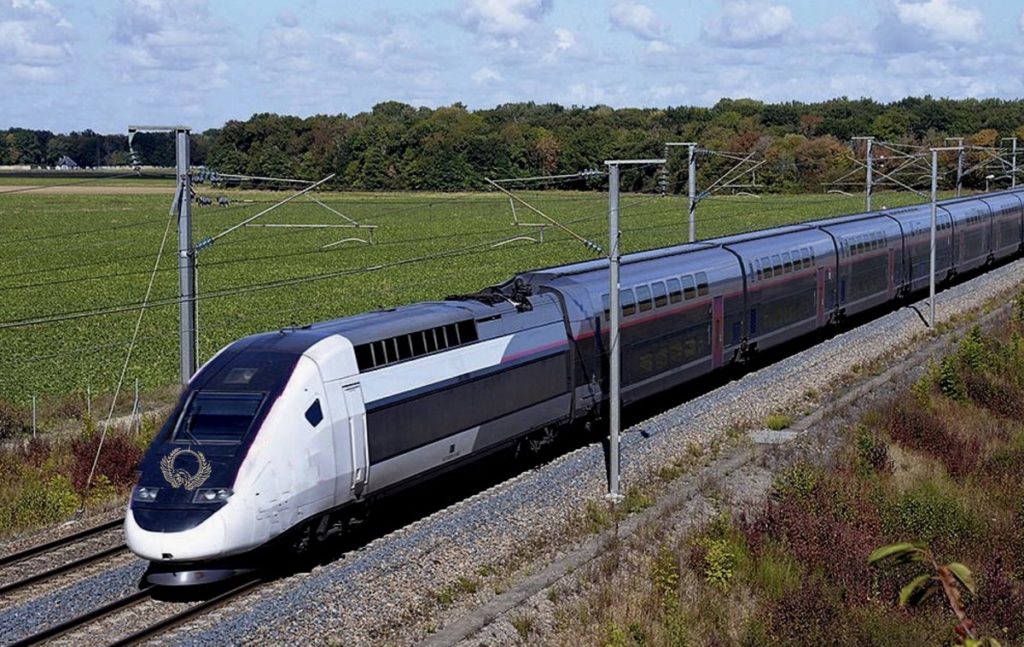 Trains? Very important for getting from Aquae Caesaris in the west to Brancadorum in the east and from Castra Lucilla in the south to the city of Roma Nova. And then there’s the line north to Graz in New Austria, and then to Vienna which is a vital international connection.
Trains? Very important for getting from Aquae Caesaris in the west to Brancadorum in the east and from Castra Lucilla in the south to the city of Roma Nova. And then there’s the line north to Graz in New Austria, and then to Vienna which is a vital international connection.
In NEXUS, Aurelia and her team are staking out the station hoping to trap one of the bad guys:
“A yellow engineering maintenance engine chuntered through, emitting diesel fumes and noise. I checked my watch. Five minutes to go. Stopping only at Graz on its way from Vienna and then the border with Roma Nova, this train terminated here. It would disgorge its passengers on this platform. Hartl’s people had recorded no sightings at the border, but we wouldn’t let it rest there.
A buzz on my radio. The red and white engine of the Neuösterreichische Staatsbahn was crawling towards us. It ground to a stop amidst screeching brakes. Doors swung open from its four passenger carriages. We could be looking at two hundred people, but only about half of that number stepped out. Some were women with children, the usual business types, some students, tourists heaving cases down, three fashionable young women accompanied by a camera crew with large black boxes on a hand wagon, and obvious hikers with backpacks and mountain gear.”
In PERFIDITAS, Carina uses the train to remain anonymous:
“The train south left in ten minutes, and I hung around behind the luggage carts until the door warning sounded. I jumped on, catching a frown from the guard. She checked my ticket there and then. I shrugged and plunked myself down on a spare seat next to a suit. I stepped off at each of the next two stops, walking a few cars further up or down the platform each time, turning my coat inside out and putting my hair up or loosening it. I couldn’t see anybody following. Nobody paid any attention: they just wanted to get home after work.
I finally quit the train at Castra Lucilla. Although we came here every summer and in between, I’d never been to the train station: we always travelled in Aurelia’s Mercedes.”
 Ah, Aurelia’s Mercedes! Generally, I try to keep car makes generic but there’s something about a Mercedes that oozes luxurious comfort – exactly what the older Aurelia would travel in. Generally, cars are cars. Sorry, pertrolheads! Only if the person’s character is to be aware of such differences do I make any kind of nod towards a make or model. Renschman, a ruthless government black ops fixer in INCEPTIO would naturally notice Helena and Carina’s car was an Audi A5; to Carina it was just a car.
Ah, Aurelia’s Mercedes! Generally, I try to keep car makes generic but there’s something about a Mercedes that oozes luxurious comfort – exactly what the older Aurelia would travel in. Generally, cars are cars. Sorry, pertrolheads! Only if the person’s character is to be aware of such differences do I make any kind of nod towards a make or model. Renschman, a ruthless government black ops fixer in INCEPTIO would naturally notice Helena and Carina’s car was an Audi A5; to Carina it was just a car.
In INSURRECTIO, Aurelia and Calavia hide from the rebels near the autovia – the Roman Novan name for motorway.
“As we neared the autovia, it was unnerving. The dual carriageways usually buzzed with freight lorries, cars and small vans weaving in and out. Now, I heard nothing. We crouched in the trees on top of the embankment looking down at four empty lanes, curving in a wide arc, the white road markings glimmering in the faint moonlight. Not a truck, nor tanker, nor private car. Zero.
Breaking the silence, the noise of an engine accelerating. It grew louder, deepening into the rhythmic thudding of a powerful diesel engine.
‘Back!’ Calavia hissed. But I was already lying flush to the ground and pulled Quirinia with me. An armoured personnel carrier, one of the new Agrippa wheeled models scarcely out of the factory, appeared, travelling at around 50 kph. Aside from the gunner, there was another figure, the commander, scanning both sides of the road with a pair of heavy night vision binoculars. She, or now more likely he, was looking purposefully. My stomach churned.
‘Calavia,’ I whispered as soon as it had disappeared into the distance. ‘They know we’re out here, but not where.’
‘Agreed.’
‘With their numbers it’s only a matter of time before they find us. We have to move now and fast.’ “
Sometimes, Carina and Conrad take to two wheels as in SUCCESSIO:
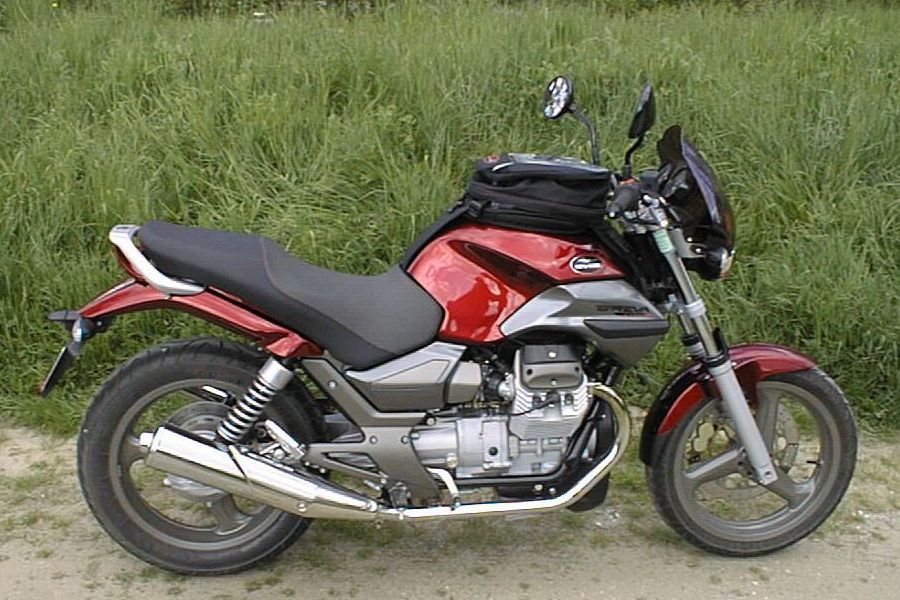 ” ‘And what exactly did you mean by that crack about Fausta?’ I shouted in Conrad’s ear as I clung to his leather-clad back as we tore back along the Aquae Caesaris road to the city.
” ‘And what exactly did you mean by that crack about Fausta?’ I shouted in Conrad’s ear as I clung to his leather-clad back as we tore back along the Aquae Caesaris road to the city.
He didn’t answer, but I felt rumbling in his back; he must have been laughing.
We glided to a stop by the tall gates, passed through the security system and coasted into the courtyard where the night team were coming on shift. I swung off the back of the Moto Guzzi and went to talk to the security chief.”
And yes, they have traffic problems as in AURELIA:
“The car crawled along the Dec Max, stopping and starting intermittently. The engine coughed and revved under the strain. Why in Hades this high street hadn’t been made one-way defeated me. They could easily loop it with the parallel street taking the eastbound traffic. I rubbed the window to wipe away the condensation. People were huddled up against the still frosty late morning, youngsters with hands in their pockets, older citizens swathed in hats, deep scarves and thick gloves.
Then I saw him. The little runt who’d followed me in Berlin. Last time I’d seen him was at the Anhalter station when I packed him off on the train to Bavaria. Now he was ambling along the Dec Max as if he were a summer tourist. Far too casually.”
Transport is essential in any country but when you’re building an alternative world it brings readers in. We can relate to travelling on planes, trains and automobiles. Not so sure about the motor bike…
Transport not only gets the character from A to B (or not), but can often be crucial to the plot.
And lastly, words like PORTUS, autovia and Dec Max (Decumanus Maximus – High Street) reinforce the Roman link, something that’s ever-present in in the modern mini-state of Roma Nova.
Alison Morton is the author of Roma Nova thrillers – INCEPTIO, CARINA (novella), PERFIDITAS, SUCCESSIO, AURELIA, NEXUS (novella), INSURRECTIO and RETALIO, and ROMA NOVA EXTRA, a collection of short stories. Audiobooks are available for four of the series. Double Identity, a contemporary conspiracy, starts a new series of thrillers. JULIA PRIMA, Roma Nova story set in the late 4th century, starts the Foundation stories. The sequel, EXSILIUM, will be out in February 2024.
Download ‘Welcome to Alison Morton’s Thriller Worlds’, a FREE eBook, as a thank you gift when you sign up to Alison’s monthly email update. You’ll also be among the first to know about news and book progress before everybody else, and take part in giveaways.
If you enjoyed this post, do share it with your friends!
Like this:
Like Loading...





